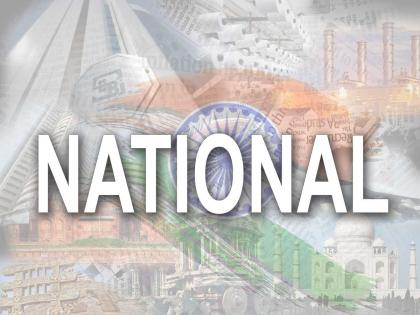Traders, experts hail govt move to stay away from RCEP
By IANS | Updated: November 4, 2019 23:25 IST2019-11-04T23:16:04+5:302019-11-04T23:25:04+5:30
Days after a government-appointed panel backed the country's entry to the Regional Comprehensive Economic Partnership (RCEP), the government on Monday decided to stay away from the 16-nation free-trade deal. It has been hailed by various trade bodies and experts.

Traders, experts hail govt move to stay away from RCEP
The Confederation of All India Traders (CAIT), a Delhi-based traders group, said the Indian trade, industry and service sectors would have been compromised due to this trade pact.
CAIT Secretary General Praveen Khandelwal termed the RCEP a draconian treaty.
Many small firms feared that Chinese companies would flood the Indian market with cheap goods if India joined the RCEP, throwing small Indian entities out of the business.
Said Chandrima Chatterjee, director (economic and consultancy) at India's Apparel Export Promotion Council (APEC), it could have impacted the entire apparel industry value-chain.
"In case of certain markets we are aggressive, and defensive in case of others. In this case, we would have been more defensive. Everybody was apprehensive of losses (as a result of the deal)," she said.
The Sino-Indian trade is hugely imbalanced in favour of China. Though over the years, bilateral trade has increased substantially, it remained in favour of China.
As per the Federation of Indian Export Organisations (FIEO), bilateral trade increased to $87.06 billion by 2018-19 from $2.92 billion in 2000-01. In FY19, India's exports to China was $16.75 billion, showing a growth of 25.62 per cent; whereas Chinese exports to India was $70.31 billion.
The RCEP is a free trade agreement (FTA) between the 10 member states of the ASEAN Brunei, Cambodia, Indonesia, Laos, Malaysia, Myanmar, the Philippines, Singapore, Thailand, Vietnam and its six FTA partners China, Japan, India, S. Korea, Australia and New Zealand.
RCEP member states account for 3.4 billion people with a total gross domestic product of $49.5 trillion, approximately 39 per cent of the global GDP.
( With inputs from IANS )
Open in app